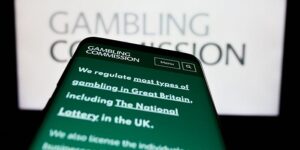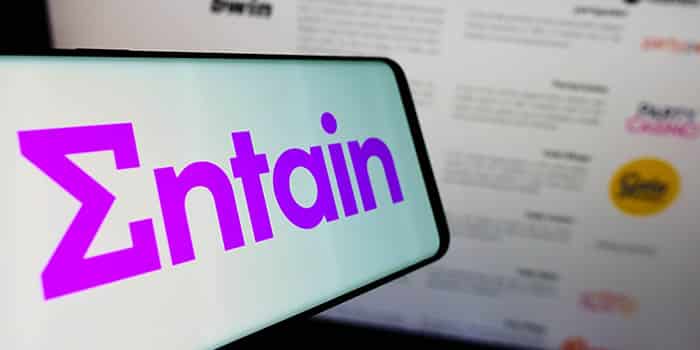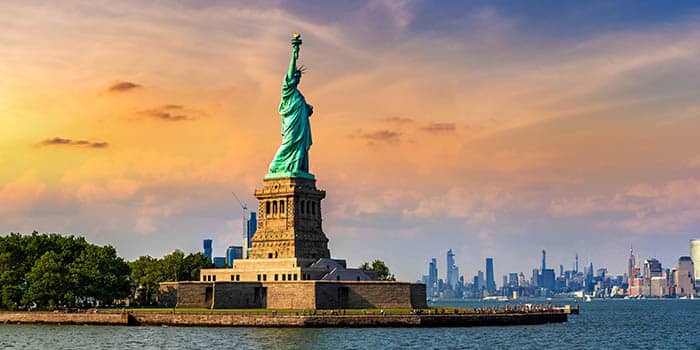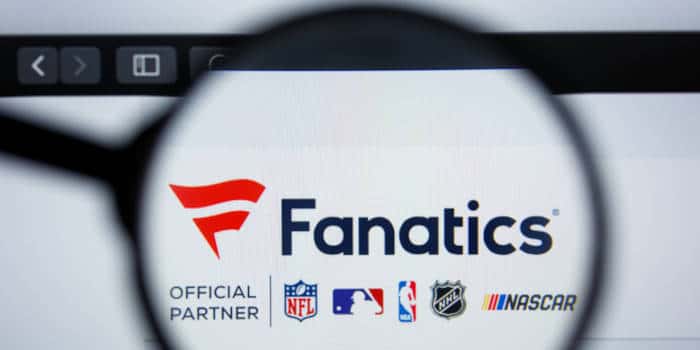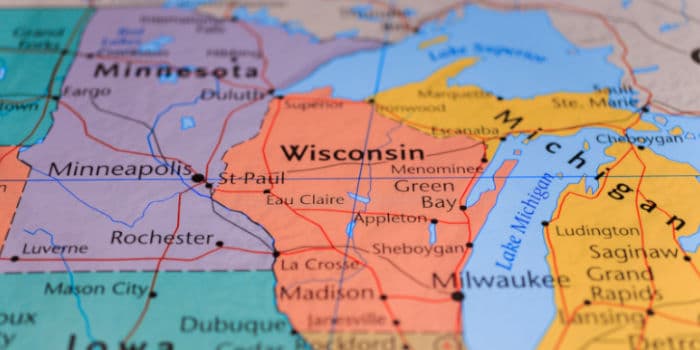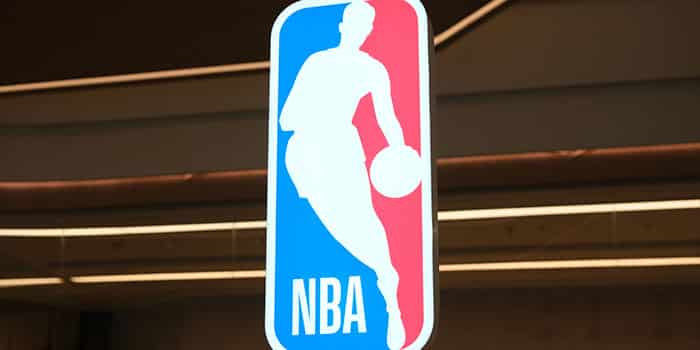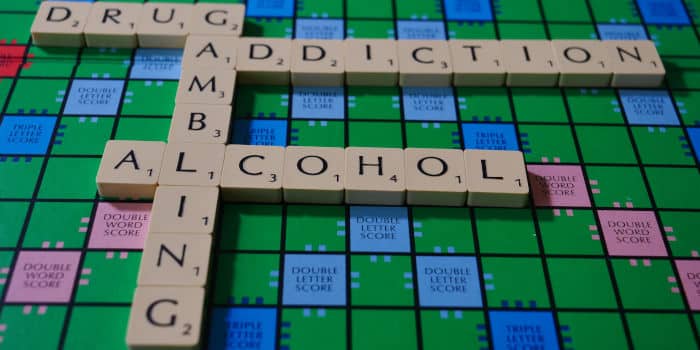Fact-checked by Stoyan Todorov
UK’s Premier League Opener Flooded by Gambling Ads Despite Restrictions
Nearly half of all recorded messages occurred during the so-called “whistle-to-whistle” ban. During this restricted period, over 13,200 gambling messages were observed.
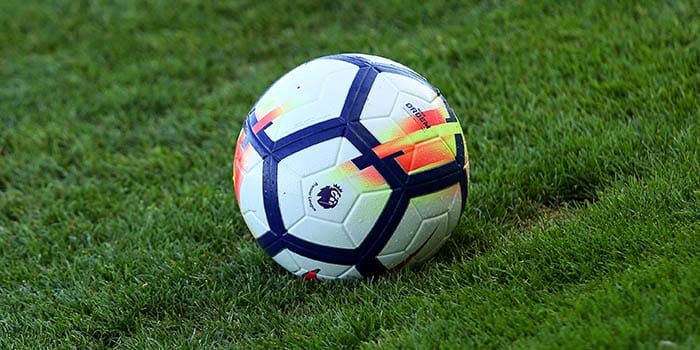
A new study from the University of Bristol (UoB) has found that gambling-related messages remained alarmingly high during the opening weekend of this season’s Premier League in the United Kingdom, with over 27,000 instances recorded. This figure persists despite self-imposed advertising restrictions by the industry, underscoring ongoing systemic shortcomings and intensifying demands for government intervention.
UoB Study Finds Concerning Number of Gambling Ads During Premier League Matches
The analysis captured all forms of gambling messaging, including branding on replica and training kits, stadium signage, pitch-side advertising boards, and interview backdrops. Notably, the Saturday evening match between Wolverhampton Wanderers and Manchester City featured an average of 22 gambling adverts per minute.
Nearly half of all recorded messages occurred during the so-called “whistle-to-whistle” ban. This is a policy intended to prevent gambling commercials during live broadcasts. During this restricted period, over 13,200 gambling messages were observed, marking a 32% increase from the previous year. Of all the gambling adverts recorded, approximately 91% were visible during live gameplay, with just 9% appearing during pre-match or post-match coverage. This made the fixture the highest on record for in-play gambling ad visibility since the research began in 2023.
In the UK, gambling marketing is governed by a combination of self-regulation done through the Advertising Standards Authority and voluntary industry codes. However, studies have consistently shown that this framework does not effectively shield consumers from gambling-related harm. Between August 15 and 18, researchers recorded 27,440 gambling messages, which is a slight decrease from 29,415 the previous year, but still significantly higher than the 10,999 recorded in 2023.
There has been a long and complicated discussion on gambling advertisements in the public sphere in the UK for quite a long time. For example, recently, many called for the ban of gambling ads in London’s public transportation, which has been a recurring point of discourse for years.
Officials Comment on the Matter
Dr. Raffaello Rossi, senior lecturer in marketing and impact lead at the Bristol Hub for Gambling Harms Research, said the situation appears to be worsening each year, despite industry assurances of improved self-regulation. He noted that while the overall volume of gambling messages remains extremely high, there has been a significant increase in instances where existing rules are either violated or proven ineffective.
According to Dr. Rossi, gambling marketing has become so pervasive in the Premier League that brands are now competing for every available inch of advertising space. He concluded that the evidence clearly shows self-regulation has failed, with voluntary codes serving to protect industry profits rather than fans. He questioned how much more evidence the government requires before taking decisive action.
Sir Iain Duncan Smith MP, chair of the Gambling Reform APPG and former leader of the Conservative Party, described the volume of gambling advertising during the Premier League’s opening weekend as “frankly astonishing.” He criticised the industry for failing to uphold its promises of self-regulation and reducing advertising, stating that the whistle-to-whistle ban is too limited and ultimately ineffective. Sir Smith argued that a significant reduction in gambling adverts is necessary to curb associated harms and better protect children.
Stefan Velikov is an accomplished iGaming writer and journalist specializing in esports, regulatory developments, and industry innovations. With over five years of extensive writing experience, he has contributed to various publications, continuously refining his craft and expertise in the field.
